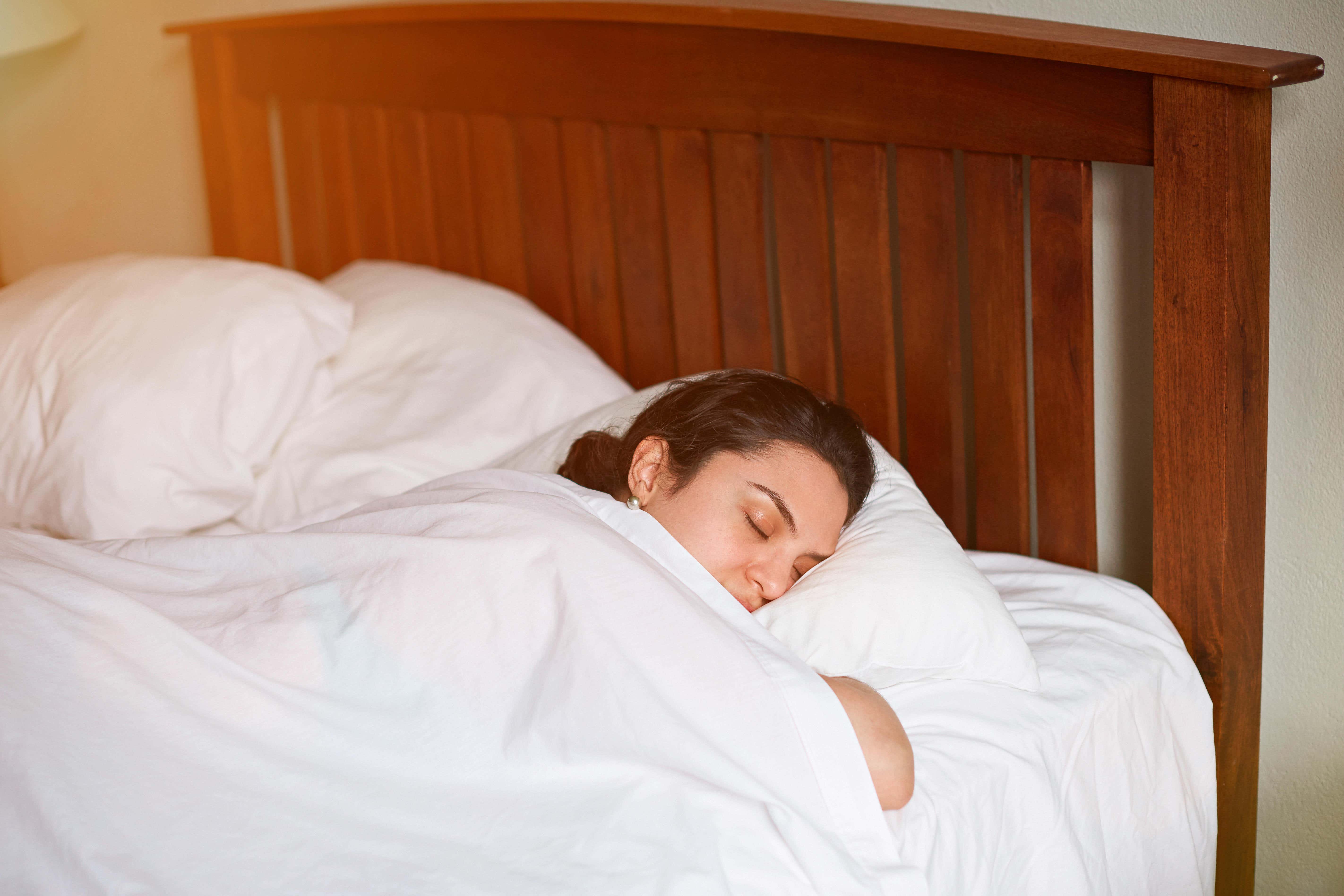Scientists find shock result in study looking at why we need sleep
Until now, it has been assumed the brain uses its waste clearing system to get rid of waste

Your support helps us to tell the story
From reproductive rights to climate change to Big Tech, The Independent is on the ground when the story is developing. Whether it's investigating the financials of Elon Musk's pro-Trump PAC or producing our latest documentary, 'The A Word', which shines a light on the American women fighting for reproductive rights, we know how important it is to parse out the facts from the messaging.
At such a critical moment in US history, we need reporters on the ground. Your donation allows us to keep sending journalists to speak to both sides of the story.
The Independent is trusted by Americans across the entire political spectrum. And unlike many other quality news outlets, we choose not to lock Americans out of our reporting and analysis with paywalls. We believe quality journalism should be available to everyone, paid for by those who can afford it.
Your support makes all the difference.A new study could reveal more details on why we need sleep – and it might not be what we first thought.
For a long time it has been thought the brain uses sleep to get rid of damaging molecules, but early research on mice now suggests the opposite may be true, according to scientists from the Imperial College London’s UK Dementia Research Institute (UKDRI).
Scientists have now found that being active may be better than sleeping when it comes to helping the brain flush out toxins.
The team said its findings, published in the journal Nature Neuroscience, need to be confirmed in humans.
Study co-leader Nick Franks, professor of biophysics and anaesthetics at Imperial College London, said: “The (scientific) field has been so focused on the clearance idea as one of the key reasons why we sleep, and we were of course very surprised to observe the opposite in our results.”
Until now, it has been assumed the brain uses its waste clearing system – known as the glymphatic system – to get rid of waste.
However, when the UKDRI researchers tracked movement of fluid in mice brains using a fluorescent dye, it showed that the brain’s ability to rid itself of toxins was reduced during sleep as well as under anaesthesia.
Sleeping mice were 30% less efficient at clearing the dye from their brains when compared to rodents who were awake.
And for mice under anaesthetic, the rate of clearance was reduced by 50%.

But the researchers also said the size of molecules may affect how quickly certain toxins move through the brain, and some compounds are cleared through different systems.
Prof Franks added: “As yet, we do not know what it is about these states that slows down the removal of molecules from the brain.
“The next step in our research will be to try to understand why this occurs.”
The researchers are looking to explore whether the findings can be validated in humans.
Study co-leader Prof Bill Wisden, interim centre director of the UKDRI, said: “There are many theories as to why we sleep, and although we have shown that clearing toxins may not be a key reason, it cannot be disputed that sleep is important.
“Disrupted sleep is a common symptom experienced by people living with dementia – however, we still do not know if this is a consequence or a driving factor in the disease progression.
“It may well be that having good sleep does help to reduce dementia risk for reasons other than clearing toxins.
“The other side to our study is that we have shown that brain clearance is highly efficient during the waking state.
“In general, being awake, active and exercising may more efficiently clean the brain of toxins.”
Join our commenting forum
Join thought-provoking conversations, follow other Independent readers and see their replies
Comments